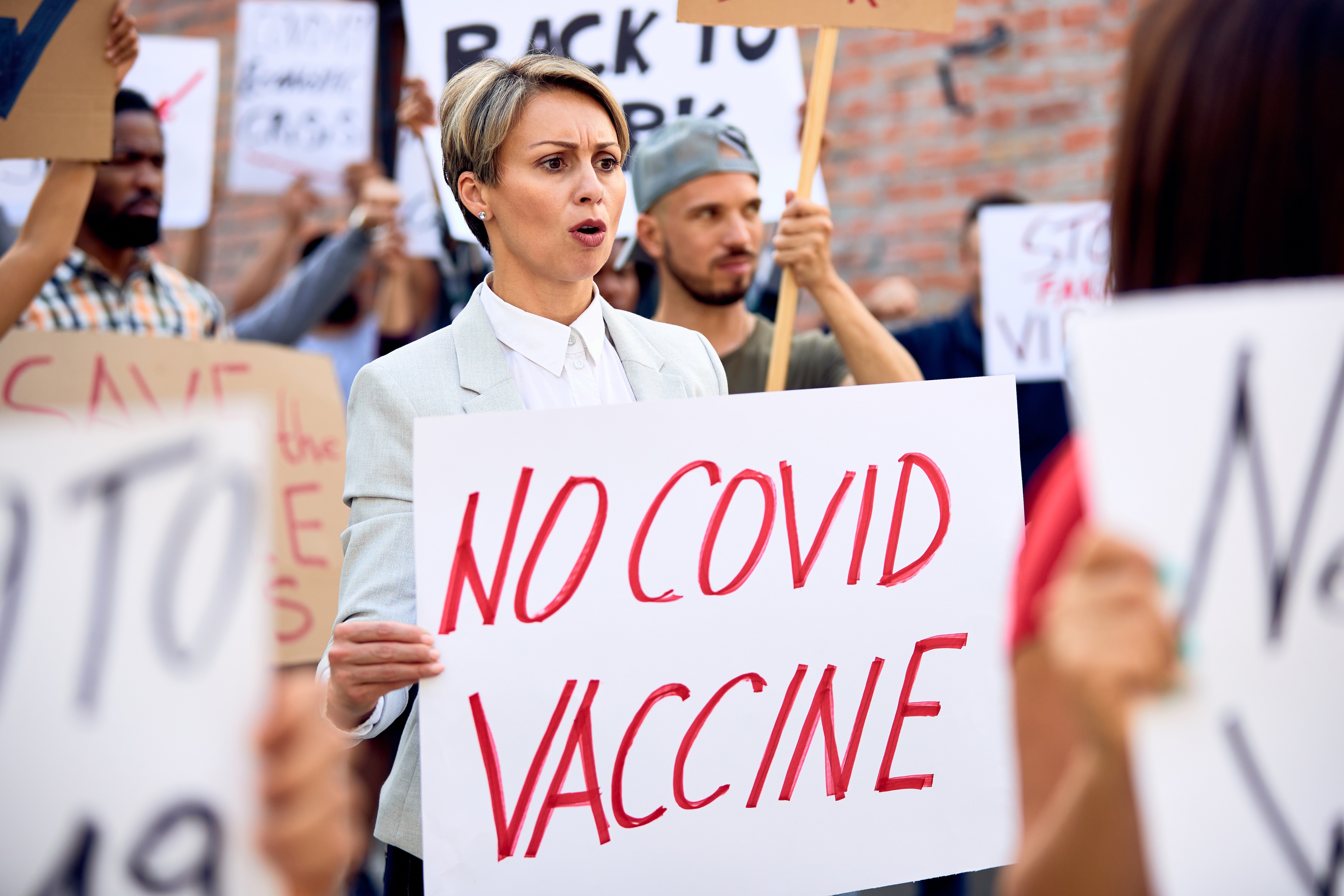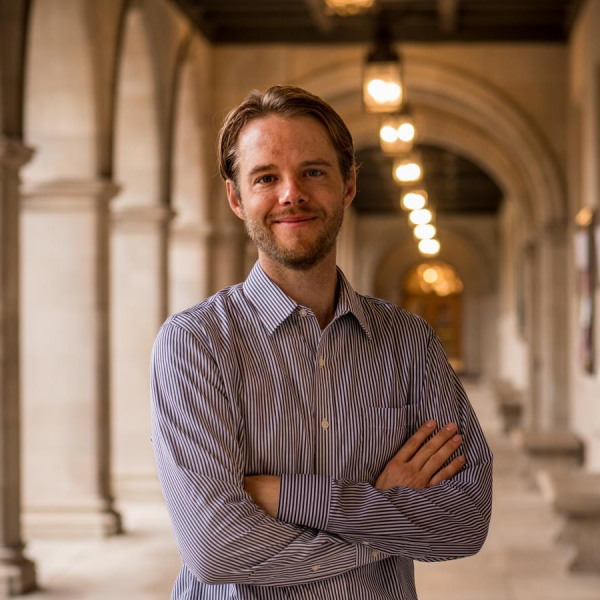Focusing on Understanding the Sources of Trust, Mistrust and Distrust that Affect Public Health and Healthcare
Trust and public health are inextricably linked. State actors are key participants in population health, organizing, among other things, mandates and guidelines that target health behaviors and encourage the uptake of medicines, screenings, diagnostics, and control of health conditions. Effective implementation of these crucial, government-sponsored health efforts is conditional on the public’s belief that the state is trustworthy and has one's best interest in mind—positioning trust in government as a central determinant of public health.
Trusting relationships between patients, health systems, and healthcare providers are also essential, as high-quality, safe care and adherence with healthcare professionals’ recommendations heavily depend upon trust. In many countries, trust in government and healthcare providers are inseparable, as governments are the primary providers of healthcare.
Despite these critical relationships, existing studies that link trust and public health outcomes often focus on contemporaneous factors, many of which are endogenous to public health outcomes (e.g., support for the incumbent political party). The lack of research on the sociostructural, economic, and political sources of low trust limits our understanding of how these deficits might be remedied to improve population health. Understanding why trust is low, how to increase trust, and how to maintain it are issues of critical importance.
Our team will create new research and learning that focuses on understanding the various sources of trust, mistrust, and distrust that affect public health, healthcare, and health policy.




